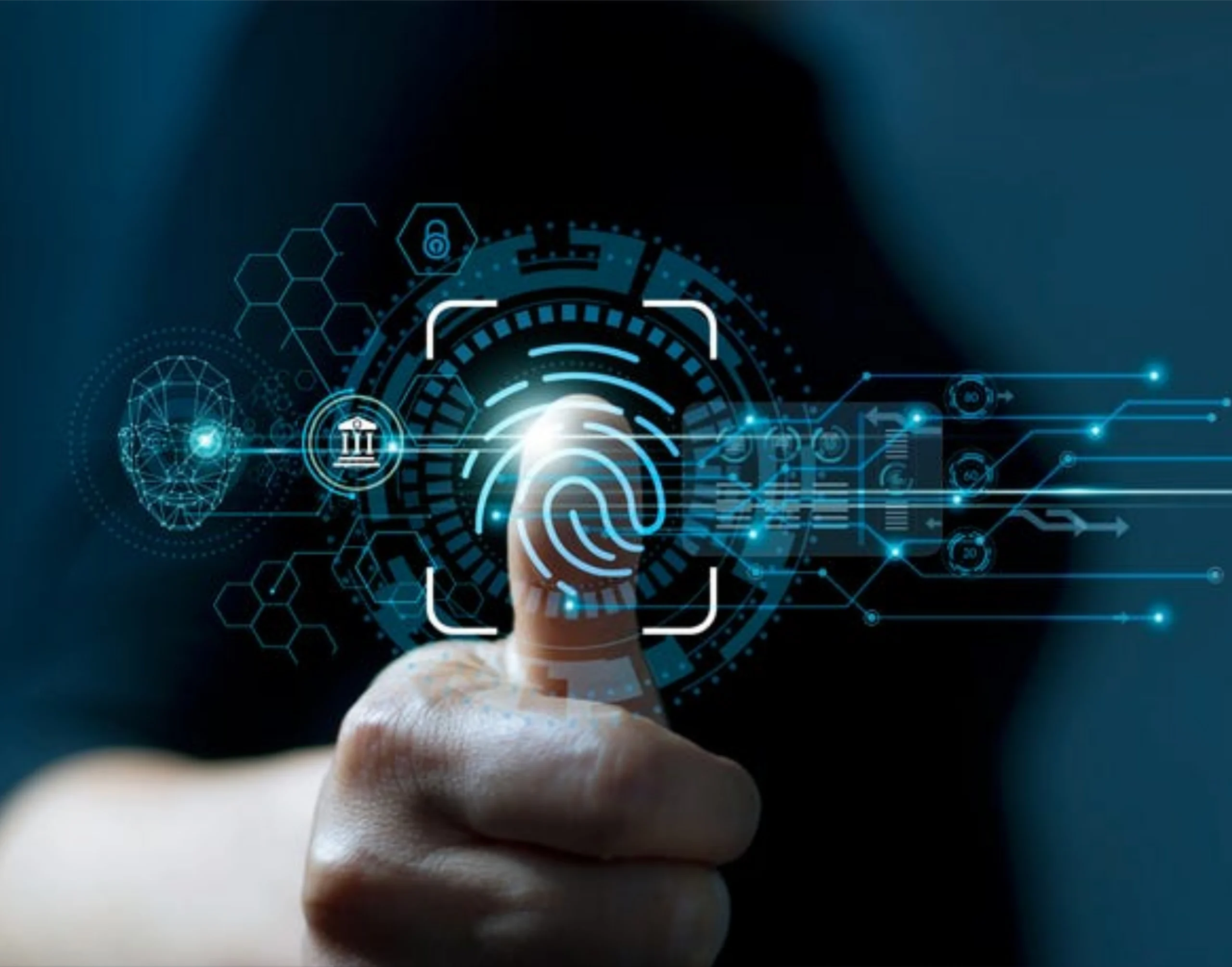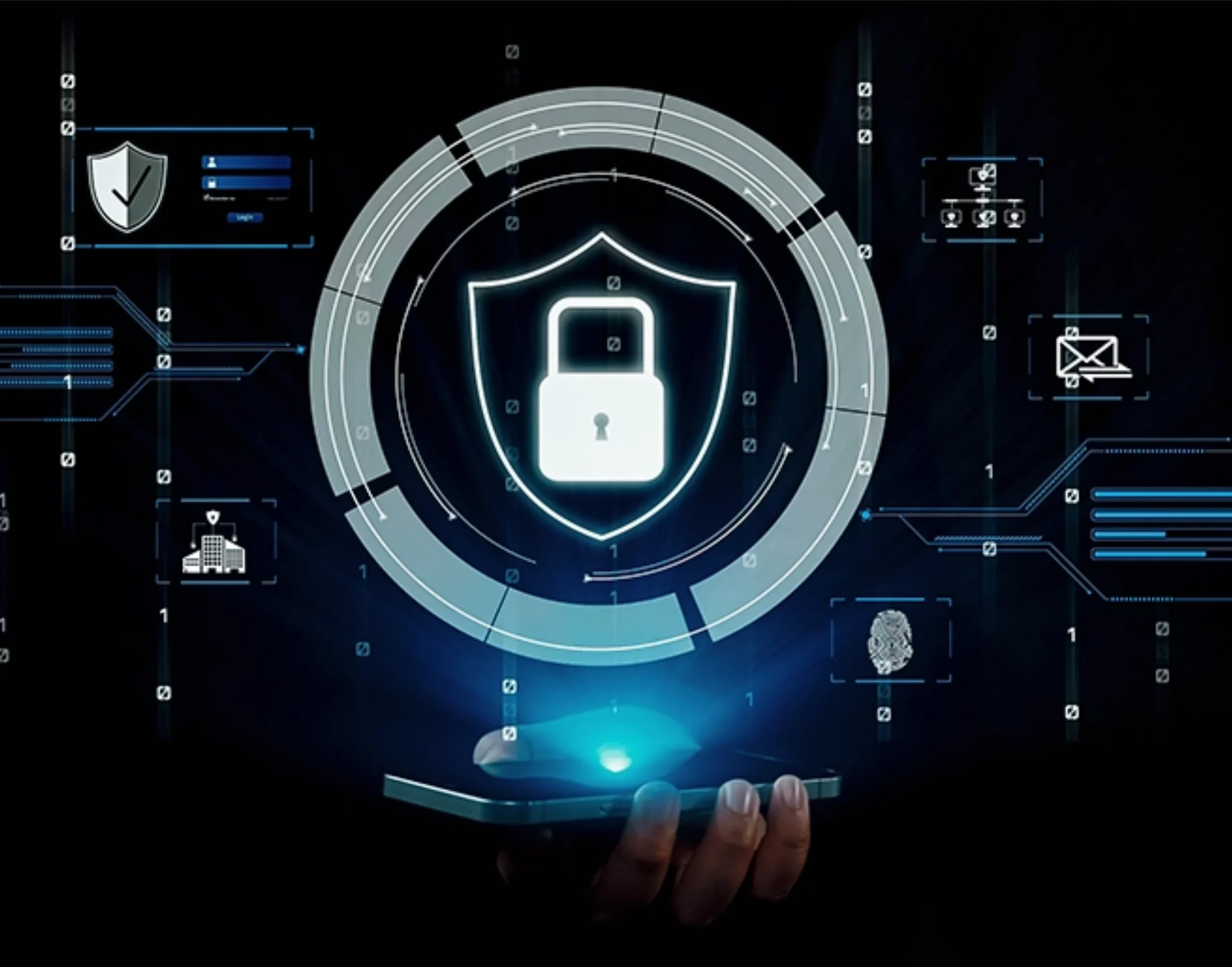The End of Passwords: How Passkeys and Biometrics Are Revolutionizing Cybersecurity in 2025
In today’s digital world, cybersecurity threats are at an all-time high. Traditional passwords, once the cornerstone of online security, are now vulnerable to hacking, phishing, and data breaches. As a result, a new era of authentication is emerging—one that eliminates the need for passwords altogether. This transformation is driven by passkeys and biometric authentication, which offer a more secure and seamless login experience. In this blog, we’ll explore how these technologies are reshaping cybersecurity in 2025.
Passkeys and Biometric Authentication: The Future of Secure Access
Passwords have long been a weak link in cybersecurity. Many users struggle with remembering complex passwords, leading to unsafe practices such as reusing them across multiple platforms. Passkeys and biometric authentication provide a revolutionary alternative by enhancing security while improving user convenience.
How Passkeys Work: A Game-Changer in Authentication
Passkeys are cryptographic keys that replace traditional passwords. Unlike passwords, they are stored securely on a user’s device and require authentication through biometrics or PINs. Here’s how they work:
- Users sign in using fingerprint, face recognition, or PIN-based authentication.
- A cryptographic key is generated and securely stored..
- The passkey verifies the user’s identity without transmitting a password over the internet, reducing the risk of phishing attacks.
Benefits of Passkeys for Businesses and Users
- Stronger security: No passwords mean no risk of phishing, credential stuffing, or brute force attacks.
- Faster login experience: Users don’t need to remember or type complex passwords.
- Cross-platform accessibility: Passkeys work across devices and operating systems, making authentication seamless.
Biometric Authentication: A Secure and Seamless Future
Biometric authentication uses unique physical traits to verify identity. This includes fingerprint scanning, facial recognition, iris scanning, and voice recognition. As technology advances, biometric authentication is becoming the preferred method for securing sensitive data.
Advantages of Biometric Authentication in Cybersecurity
- Difficult to replicate: Unlike passwords, biometric data is unique to each individual, making it highly secure.
- Enhanced user experience: No need to remember passwords—just a quick scan is enough to log in.
- AI integration: Advanced machine learning algorithms make biometric authentication even more accurate and secure.
Challenges and Concerns with Biometric Authentication
- Privacy concerns:Users worry about how their biometric data is stored and used.
- Data breaches:If biometric data is compromised, it cannot be changed like a password.
- Solutions:Secure storage methods such as on-device encryption and decentralized authentication can mitigate risks.


The Role of Passkeys and Biometric Authentication in 2025
Tech giants like Apple, Google, and Microsoft are leading the charge toward a passwordless future. They are integrating passkeys and biometric authentication into their ecosystems, making it easier for businesses and individuals to transition away from passwords.
How Businesses Can Implement Passkeys and Biometrics
- Adopt FIDO standards:Many companies are embracing the Fast Identity Online (FIDO) Alliance standards for secure authentication.
- Integrate biometric solutions:Businesses can use fingerprint scanners, facial recognition, and voice authentication for enhanced security.
- Ensure compliance:Companies must adhere to data privacy laws and cybersecurity regulations when implementing these technologies.
Conclusion
The transition to passwordless authentication is accelerating. Passkeys and biometric authentication provide a secure, user-friendly alternative to traditional passwords. While challenges remain, advancements in encryption and privacy measures make this shift inevitable. By adopting these technologies, businesses and individuals can enhance their cybersecurity posture and embrace a frictionless future.
Are you ready to go passwordless? Let us know your thoughts in the comments! 🚀
Explore more Blogs
Follow us

